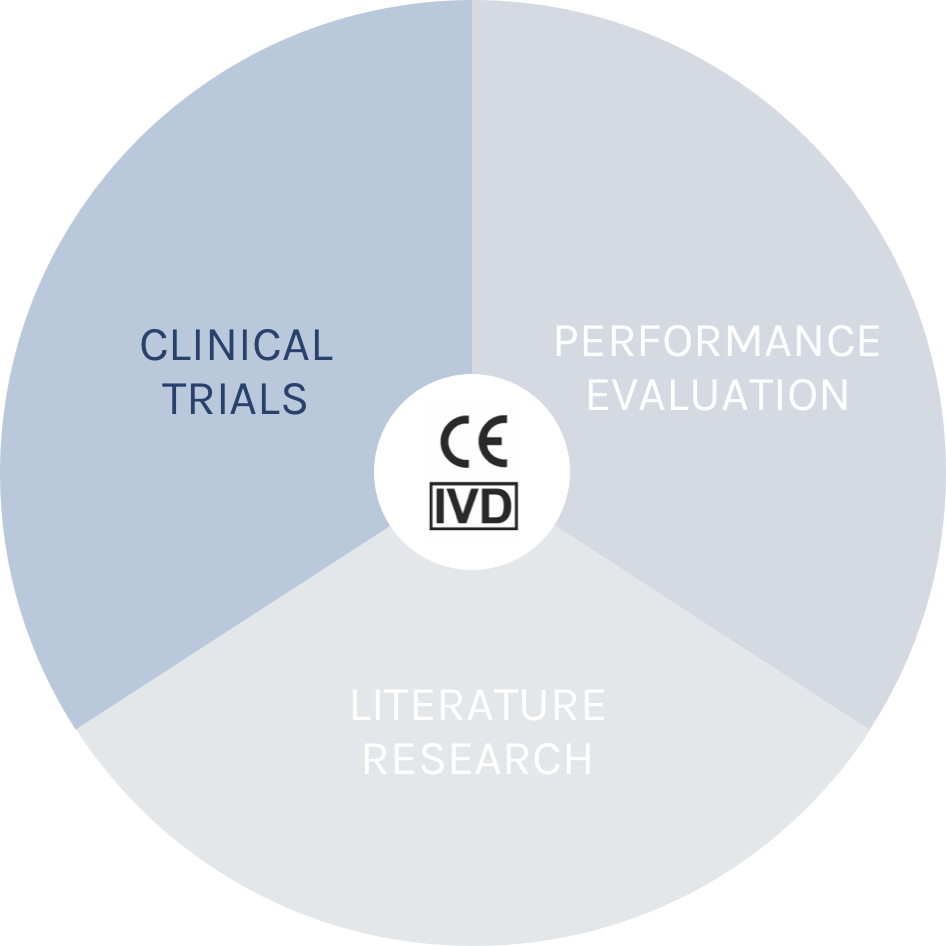Clinical Trials
The TICC-1 study [2] was a prospective interventional clinical trial conducted in a group of late-stage metastatic colorectal cancer (mCRC) patients with prior exposure to or intolerance/contraindications to standard systemic therapy (defined as oxaliplatin, irinotecan, 5-fluorouracil or similar such as capecitabine, bevacizumab, and if indicated panitumumab or cetuximab), and documented evidence of progression per Response Evaluation Criteria in Solid Tumors (RECIST 1.1.)
To define clinically relevant success criteria for IndiTreat® in TICC-1, it had to be considered that large last-line randomized trials in comparable late-stage populations reported only ca. 20% Progression Free Survival at the first evaluation (Grothey 2013; Mayer 2015) [4,5]. Hence, following good practice for generating diagnostic IVD clinical evidence, for the TICC-1 study a far higher Progression Free Survival (PFS) threshold of 40% at two months following IndiTreat® guidance was predefined. The TICC-1 study met its primary endpoint successfully, not only surpassing the challenging threshold, but more than doubling the historical 20% PFS rate [4,5] : TICC-1 results showed that with therapies following IndiTreat® test results, PFS at two months was found in an astonishing 50% of evaluable patients.
References
[4] Grothey A. et al.; CORRECT Study Group. Regorafenib monotherapy for previously treated metastatic colorectal cancer (CORRECT): an
international, multicentre, randomised, placebo-controlled, phase 3 trial. Lancet. 2013 Jan 26;381(9863):303-12.
[5] Mayer RJ et al.: RECOURSE Study Group. Randomized trial of TAS-102 for refractory metastatic colorectal cancer. N Engl J Med. 2015 May
14;372(20):1909-19.
